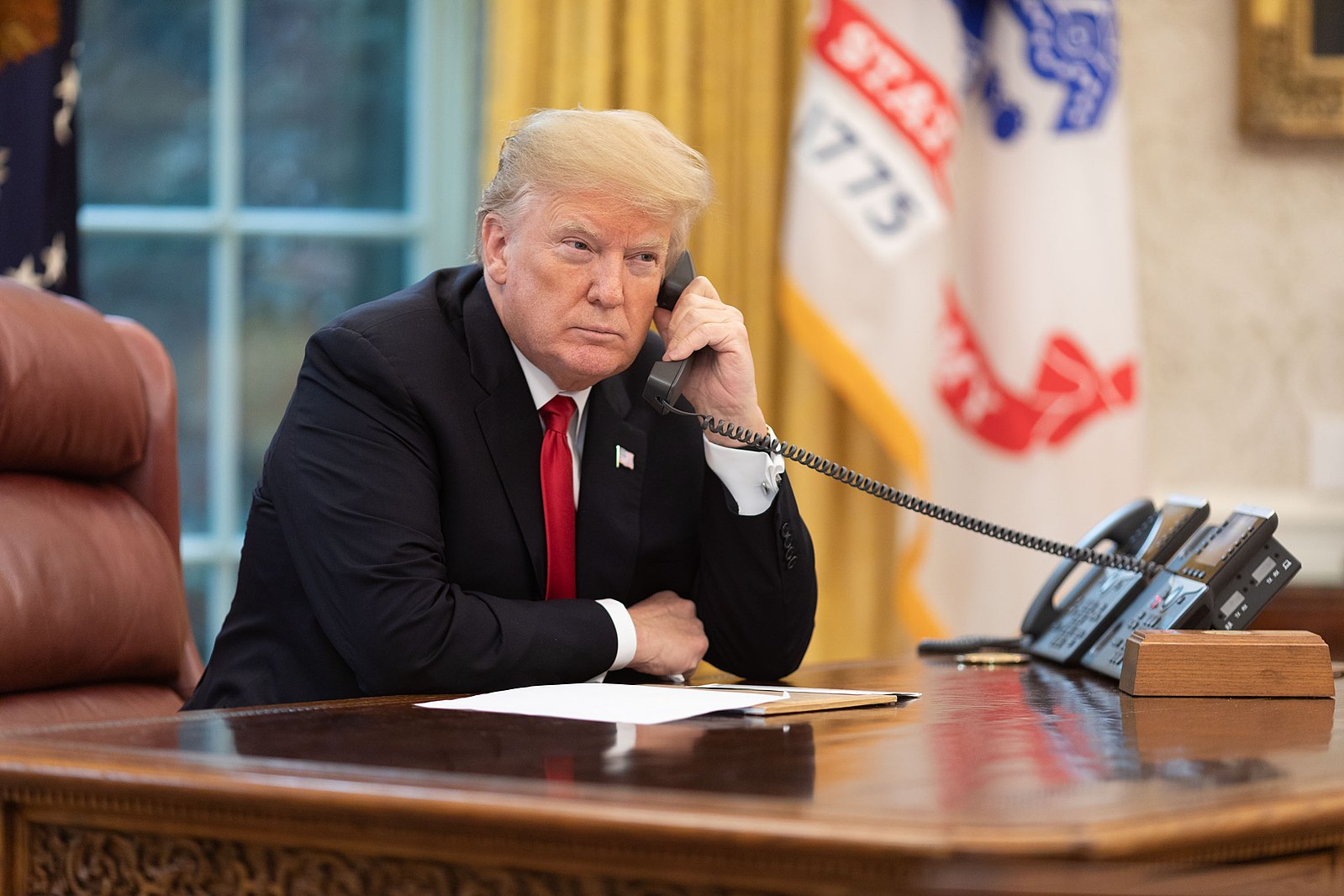Two weeks ago, I posted
a short piece--which grew out of a paper I am writing on the relationship between liberty and security--concerning what Ben Franklin really meant when he said that “Those who would give up essential Liberty, to purchase a little temporary Safety, deserve neither Liberty nor Safety.”
My basic point was that Franklin meant something very nearly opposite the idea for which his quotation is almost universally deployed. As I explained, Franklin was not describing some grave tension between government power and individual liberty, in which one necessarily yielded civil liberties when one empowered government to protect people. He was describing, rather, effective self-government in the service of security as the very liberty it would be contemptible to trade away. Notwithstanding the way the quotation has come down to us, Franklin saw the liberty and security interests he was describing as aligned with one another.
Yesterday, I ran across another such famed quotation on the liberty-security relationship that, in context, also turns out to mean something very different from the meaning its many quoters assume: Justice Robert Jackson’s warning that “There is danger that, if the [Supreme] Court does not temper its doctrinaire logic with a little practical wisdom, it will convert the constitutional Bill of Rights into a suicide pact.”
Jackson’s quotation often shows up as a kind of flip side of Franklin’s. Franklin is presumed (wrongly) to be warning that one should not give up liberty in the name of security; and Jackson is presumed to be warning conversely that one protects liberty too strongly at great risk of societal security. The trouble is that just as Franklin was saying something else entirely, Jackson was not actually saying anything this crude either—which is probably why the rest of his remarkable and insightful passage tends to get left out of the quotation.
Jackson wrote this line in the last paragraph of his dissenting opinion in a free speech case called
Terminiello v. Chicago—which the court handed down in 1949, a few years after Jackson returned from his stint as chief prosecutor at Nuremberg. The question of how civilized societies should deal with totalitarians was evidently still very much on Jackson's mind when he confronted the case of a fascist-leaning priest who had given a vile and fire-breathing speech to a group of sympathizers at an event which communists had turned out to protest. The event had nearly turned into a riot, with the two mobs squared off against one another and police needed to keep them apart. The priest had been charged with disorderly conduct and fined $100.
The Supreme Court overturned the judgment on free speech grounds, on the theory that all Terminiello had done was speak, but Jackson saw things differently. “[U]nderneath a little issue of Terminiello and his hundred-dollar fine lurk some of the most far-reaching constitutional questions that can confront a people who value both liberty and order. This court seems to regard these as enemies of each other, and to be of the view that we must forego order to achieve liberty. So it fixes its eyes on a conception of freedom of speech so rigid as to tolerate no concession to society’s need for public order.”
For Jackson, as his opinion goes on to explain, the issue was that two totalitarian movements which did not believe in liberty were squaring off against one another, and for liberty to exist, the police in a democratic culture simply had to have the authority to prevent things from spiraling out of control into mob violence. Jackson actually quoted Goebbels concerning how the Nazis made use of democratic freedoms but “declared openly that we used democratic methods only in order to gain the power, and that, after assuming the power, we would deny to our adversaries without any consideration the means which were granted to us in the times of [our] opposition.” And he insisted that confronted with such movements, “No liberty is made more secure by holding that its abuses are inseparable from its enjoyment.” Free speech, in other words, would not be made stronger by protecting it so rigidly,
that the population can have no protection from the abuses which lead to violence. . . . We must not forget that it is the free democratic communities that ask us to trust them to maintain peace with liberty, and that the factions engaged in this battle are not interested permanently in either. What would it matter to Terminiello if the police batter up some communists or, on the other hand, if the communists batter up some policemen? Either result makes grist for his mill; either would help promote hysteria and the demand for strong-arm methods in dealing with his adversaries. And what, on the other hand, have the communist agitators to lose from a battle with the police?
Jackson then concluded with the following:
This Court has gone far toward accepting the doctrine that civil liberty means the removal of all restraints from these crowds, and that all local attempts to maintain order are impairments of the liberty of the citizen. The choice is not between order and liberty. It is between liberty with order and anarchy without either. There is danger that, if the Court does not temper its doctrinaire logic with a little practical wisdom, it will convert the constitutional Bill of Rights into a suicide pact.
In other words, like Franklin, Jackson was actually denying a stark balancing of liberty interests and security interests and asserting an essential congruence between them. Indeed, he was criticizing the court for believing that liberty and order must exist in some precarious balance in which the protectione of one came at the expense of the other
. Jackson's critique of the court was that by denying authorities the ability to maintain minimal conditions of order, it was empowering people who disbelieved in both freedom and order. The suicide pact to which he refers is the choice of anarchy with neither liberty nor security over a regime of ordered freedom. That’s actually much more similar to than different from what Franklin was asking for. Both were, after all, arguing for the ability of local democratic communities to protect their security—and liberty—through self-government.
First Amendment law has long-since passed by Jackson’s specific point about what sort of utterances should and should not trigger liability for their propensity to cause violence. But his larger point still stands. One doesn’t maximize either liberty or security at the other’s expense. It's curious how two famous quotations that both invoke this complex the have both come to stand for precisely the zero-sum balancing that the speakers were rejecting.






